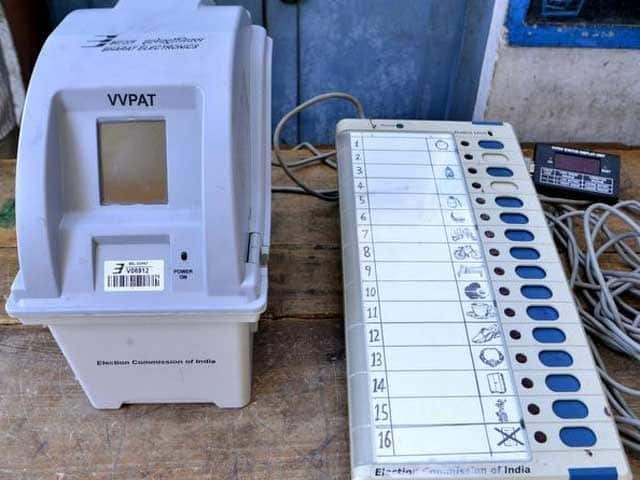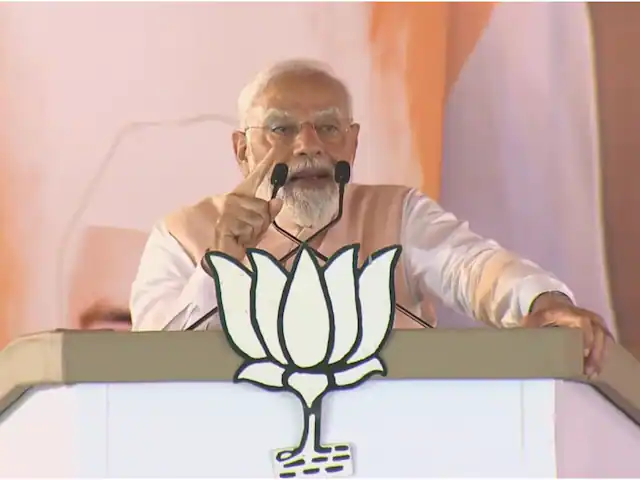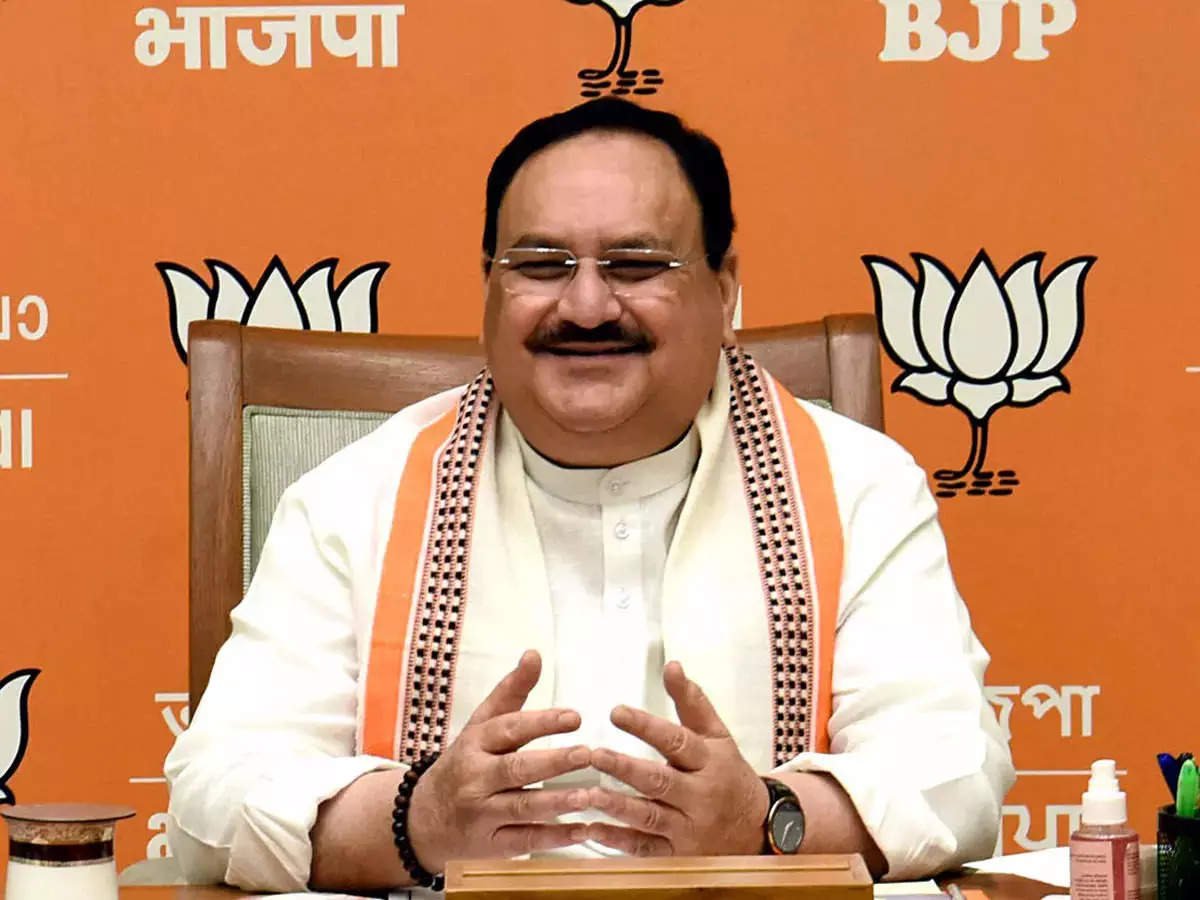Arguments for complete EVM-VVPAT verification and paper ballot voting were denied by the Supreme Court.
Arguments for comprehensive cross-verification of votes cast using Electronic Voting Machines (EVMs) with Voter Verifiable Paper Audit Trail (VVPAT) were denied by the Supreme Court on Friday. In the case, a bench consisting of Justices Sanjiv Khanna and Dipankar Datta rendered two decisions that agreed.
Justice Khanna announced the ruling, stating that all petitions, including those for a return to paper ballots in elections, had been denied by the court.
At the request of the runners-up and third-place candidates, the court permitted the manufacturer to verify the microcontroller of the EVMs following the vote results. The highest court further stated that, upon payment of a fee, a request for the microcontroller of an EVM may be made within seven days of the results of the election being announced.
Supreme Court issued orders in the VVPAT-EVM case.
The Supreme Court also issued two directives: first, the symbol loading unit’s containers must be sealed in the presence of poll workers and candidates and must remain locked for 45 days; second, the control unit, ballot unit, and VVPAT must be verified by the manufacturing companies’ engineers following the results of the counting and must be requested in writing within seven days of the results being announced.
VVPAT: What is it?
Since 2000, votes have been cast in India using Electronic Voting Machines (EVMs). The ballot unit is linked to a “voter verifiable paper audit trail,” or VVPAT, unit that generates a paper slip that the voter may view through a transparent screen for approximately seven seconds before it is sealed and placed in a drop box.
In each state legislative assembly constituency, five randomly chosen polling stations are used to count and match the VVPAT paper slips; several polling stations are pooled to produce a single parliamentary seat. This is the current arrangement in place.
Supreme Court: “Can’t control the elections”
The Supreme Court said on Wednesday that it could not “control the elections” or give orders merely because there are questions about the reliability of electronic voting machines. The court was delaying its decision on a number of petitions that also made the claim that polling machines can be manipulated to rig the results.
The court ruled that it was powerless to influence the opinions of individuals who questioned the benefits of voting machines and supported returning to paper ballots.
The bench also noted the responses it received from the Election Commission to the questions it asked.
It asked five questions about how EVMs work, including if the microcontrollers that are installed in them can be reprogrammed, to a poll panel official.
The bench had deferred its decision on the pleas on April 18 following a two-day hearing. On Wednesday, though, the case was rescheduled because the court requested additional clarifications from the EC.
One of the petitions, the non-governmental organization “Association for Democratic Reforms,” is requesting that the poll panel reverse its 2017 decision to replace the clear glass on VVPAT machines with an opaque glass that allows voters to view the slip only when the light is on for seven seconds.




